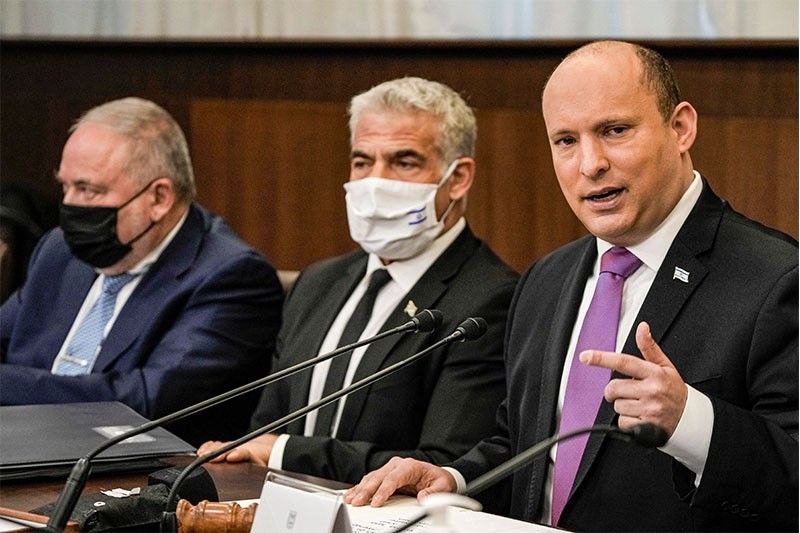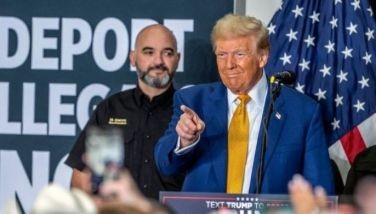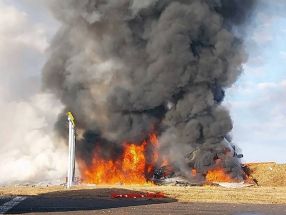Israel sees Iran nuclear deal 'shortly,' warns it will be weak

JERUSALEM, Identified — Israeli Prime Minister Naftali Bennett said Sunday Iran may "shortly" agree a new nuclear deal with major powers but warned it will be weaker than the original 2015 agreement.
He addressed Iran's nuclear programme in two speeches on Sunday — at his cabinet meeting and at a conference of Jewish American organisations — following signs that a deal was taking shape during negotiations in Vienna.
"We are looking to Vienna, and we are deeply troubled by what we see," Bennett told the conference.
Earlier at cabinet he had said: "we may see an agreement shortly," and that the deal in the making "is shorter and weaker than the previous one".
The 2015 Iran agreement offered Tehran sanctions relief in exchange for curbs on its nuclear programme.
Th United States unilaterally withdrew in 2018 under then-president Donald Trump and reimposed heavy economic sanctions.
Talks on reviving the pact, known as the Joint Comprehensive Plan of Action (JCPOA), restarted after a gap of several months in the Austrian capital in late November, involving Britain, China, France, Germany and Russia directly and the United States indirectly.
Israel has been a staunch opponent of the JCPOA and repeatedly warned any revenue Tehran earns as a result of new sanctions relief will be used to purchase weapons that could harm Israelis.
'Forget what they saw'
The Israeli premier, in his speech to the Jewish conference, highlighted what he described as multiple concerns in the proposed deal, without detailing his sources on the content of the talks.
He said a new Iran deal could expire in 2025, when the original JCPOA negotiated under former US president Barack Obama is due to lapse.
"The single biggest problem with this deal is that in two and a half years, which is right around the corner – Iran will be able to develop, install and operate advanced centrifuges," he told the conference.
He claimed that Iran was trying to shut down International Atomic Energy Agency probes into a possible military use of its nuclear programme, claiming Tehran "is demanding that the inspectors that caught them will pretend to forget what they saw."
He also alleged that Iran is trying to reverse a Trump administration move to list the Islamic Revolutionary Guard Corps as a terrorist organisation.
Bennett has said Israel will not be bound by a restored agreement and will retain the freedom to act against Iran.
He said Israel has invested "billions of shekels" in new cyber and missile defences.
"Israel will always maintain its freedom of action to defend itself," he said.
Not 'end of the road'
Signs of a deal coming together emerged at the weekend, with German Chancellor Olaf Scholz saying there "was the chance to reach an agreement that will allow sanctions to be lifted", while warning that talks could still collapse during what he called "the moment of truth".
Iranian Foreign Minister Hossein Amir-Abdollahian, speaking at the same Munich gathering, said his country was "ready" for a deal "if the other side makes the needed political decision".
Since the Vienna talks resumed, senior Israeli officials have said the Jewish state could support negotiations on a more robust pact with Iran, one that effectively makes it impossible for the Islamic republic to develop a nuclear weapon.
There is broad opposition across the Israeli political establishment against the terms of the JCPOA.
Addressing the Munich conference on Sunday, Israeli Defence Minister Benny Gantz said that an agreement with Iran would "not mark the end of the road," insisting that inspections of its nuclear infrastructure must continue in the event of a deal.
"All steps must be taken to ensure that Iran never becomes a nuclear threshold state," Gantz said. "The world must never come to terms with it and Israel will never come to terms with it."
- Latest
- Trending































